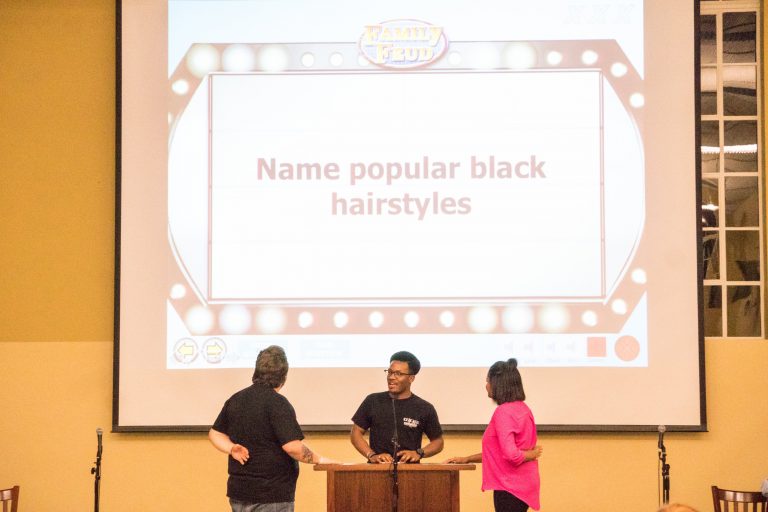February is dubbed “Black History Month.” This has been continually celebrated since
1976, with each subsequent president continuing the designation and establishing a theme.
According to an article by History.com, the theme for 2020 is “African Americans and
the Vote,” which highlights the 150th anniversary of the 15th Amendment, which gave black
men the right to vote in 1870. Full suffrage came through the passage of the 19th Amendment,
giving all women the right to vote, which celebrates its centennial this year.
Throughout the upcoming month, students around the country will hear of Dr. Martin
Luther King, Jr., Rosa Parks, Maya Angelou, Frederick Douglass and other massive figures in
the American memory. Even at the university level, a surface overview of the horrors of slavery
and the heroes of the Civil Rights movement will be offered as a complete picture of the history
of African Americans.
But this does not do justice to the complex history. Art, music, literature, faith,
government and so many more important entities have flourished because of the pioneering
efforts of African Americans. Allowing Black History Month to be co-opted only by the brutality
of slavery and the greats of the Civil Rights Era, which are certainly important topics, leaves a
gaping hole in the minds of many (predominantly white) citizens of the United States.
Growing up as a white student in Southern Kentucky, it was easy for teachers, classmates
and even myself to forget the importance of the history between 1865 and 1960. Nor were the
concepts of slave narratives, plantation songs or the influence of the huge population of enslaved
people on popular culture ever featured in the classroom. My school choir sang “Go Down,
Moses” without ever knowing its origin.
Since coming to college, however, it has been much more difficult to miss the
implications of a constrained historical narrative. If Black History Month only functions as the
annual act of pitying charity given by white people to African Americans as some apology for
slavery, the entire point falls flat and leaves a disgusting taste in anyone’s mouth.
Black History Month, if celebrated properly, is a time of recognition of excellence that
stems from the black community. This is not an excellence that comes from being African
American. It is simply excellence, period.
So how can our predominately white campus celebrate Black History Month well? Try
reading some black authors who are great by all accounts, not just within an isolated community:
Colson Whitehead, Toni Morrison and Crystal Wilkinson, just to name a few. Listen to your
favorite music, and notice how many African and Caribbean rhythms comprise the songs you
love. Take time to invest in friendships that allow you a glimpse into black history and culture
from someone who is living it.
Black History Month is not the time to grab the token “black friend” and consider past
ignorance or even purposeful slights absolved. It is a time to hold onto an excellence that
transcends culture or race and teaches us all something about what it means to be human.



